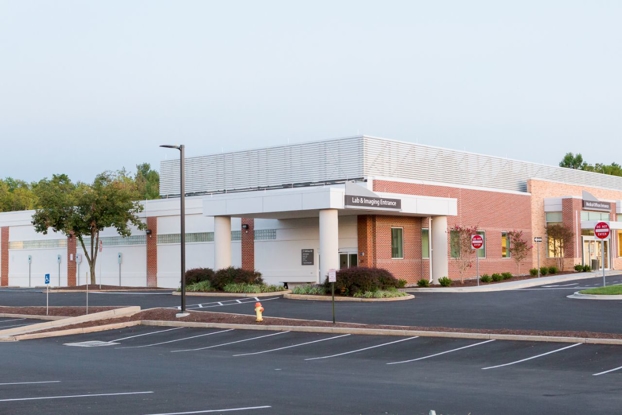About Prostate & Urological Cancer
Prostate cancer and other urological cancers occur when cells within the prostate or other urological organs begin to grow out of control. Prostate cancer occurs within the prostate gland and is the most common cancer among men, excluding skin cancer. Prostate cancer is often treated successfully. Other urological cancers include cancer of the bladder, kidney, prostate, and testicles.
For more information or to schedule an appointment contact us at
240-566-4100.
Prostate & Urological Cancer Symptoms
The most common symptoms associated with prostate cancer include:
- A need to urinate frequently, especially at night
- Difficulty starting urination or holding back urine
- Weak or interrupted flow of urine
- Painful or burning urination
- Erectile Dysfunction
- Painful ejaculation
- Blood in urine or semen
- Frequent pain or stiffness in the lower back, hips, or upper thighs
While these symptoms are not always an indication of prostate cancer, you should see your primary care provider if you experience any of these symptoms.
Prostate & Urological Cancer Screening
The decision to be screened for prostate cancer is personalized.
Talk to your provider, who will help you make an informed decision on whether prostate cancer screening is right for you. Screenings include Prostate specific antigen (PSA) test, which checks a man’s blood for high PSA levels, a marker for prostate cancer and a physical exam.
Diagnosing bladder cancer may involve labs and imaging tests, such as a
urine sample and cystoscopy, which helps your provider view inside your
urinary tract.
Prostate & Urological Cancer Treatment
Prostate and other types of urological cancer are often treated using multiple types of coordinated treatments, including:
- Surgery
- Radiation Therapy
- Chemotherapy
- Hormone Therapy
-
Drug Therapy
Your Prostate & Urological Cancer Treatment Team
Understanding your diagnosis and treatment options is the first step in
fighting prostate and urological cancers. At Frederick Health, we’re
committed to providing you with a cancer treatment experience that is
focused on you.
More Information on Prostate & Urological Cancer
Want to learn more about prostate cancer and spread the word about the importance of screenings? Find all the information and resources you need to raise awareness about prostate cancer and prevent it.
Prostate Cancer FAQsInformational Flyer
For more information or to schedule an appointment contact us at
240-566-4100.



